Non-Essential Amino Acids: How To Use Them For Your Benefit
Non-essential amino acids are known as dispensable amino acids. They can be synthesized in the body, and therefore don't need to be provided by dietary protein. They are mainly synthesized from glucose.
All amino acids are vital for your health, but not all are essential.
If you are looking for a specific non-essential amino acid, I recommend you use the expanded toc to find it.
Table of Contents
What Are Amino Acids?
Amino acids are the basic building blocks of proteins ◳. There are hundreds of amino acids found in nature. But only about 20 amino acids are needed to make all the proteins found in the human body and most other forms of life.
Benefits Of Non-Essential Amino Acids
Non-essential amino acids support growth, development, and lactation, but also optimal reproduction, health, and well-being.
Non-essential amino acids do also have important implications for preventing both chronic and infectious diseases, maximizing growth, and optimizing health in humans.
All Our Articles About Non-Essential Amino Acids
Below you will find a list of non-essential amino acids. You can find out what they are and what they might be able to do for you.
Alanine
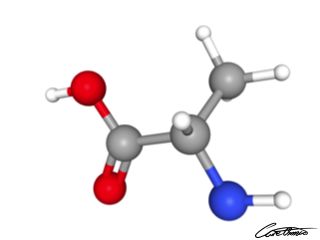
Alanine is a small non-essential amino acid. Learn more about Alanine in our article: What Is Alanine & What Foods Can I Find It In?
Alanine may be small, but still a crucial source of energy for muscles and the central nervous system, strengthening the immune system. Look at the benefits alanine possess in our article: Alanine: 7 Research-Backed Benefits
Aspartic acid
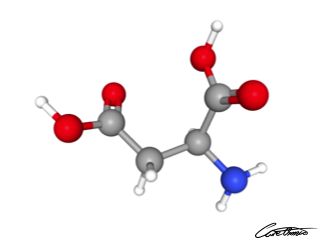
Aspartic acid is a non-essential amino acid. It has an overall negative charge and plays a crucial role in the synthesis of other amino acids. Find out more about this acid and the research behind it in our article: What Is Aspartic Acid & What Foods Can I Find It In?
Aspartic acid is one of the building-block amino acids that are responsible for synthesizing proteins and regulating hormones in the human body.
Betaine
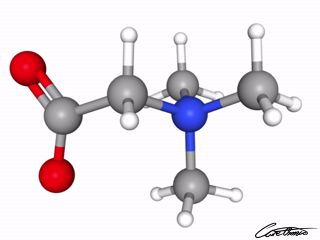
Betaine is a modified amino acid consisting of glycine, also known as glycine betaine. It is a non-essential amino acid but still vital for our health. Read more information in our article: What Is Betaine & What Foods Can I Find It In?
Betaine can protect internal organs, improve vascular risk factors, and enhance performance. Check out more benefits of this acid in our article: Betaine: 3 Research-Backed Benefits
Cystine
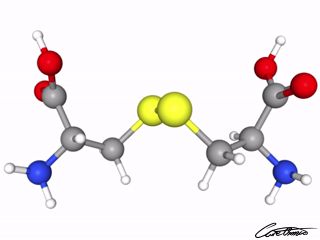
Cystine is a sulfur-containing non-essential amino acid. Find out more information about cystine in our article: What Is Cystine & What Foods Can I Find It In?
Cystine protects tissues against radiation and pollution and helps slow the aging process. Cystine stones can form as a result of an excess of urinary cystine. Read about these claims in our article: Cystine: One Research-Backed Benefit & One Side-Effect
Glutamic acid
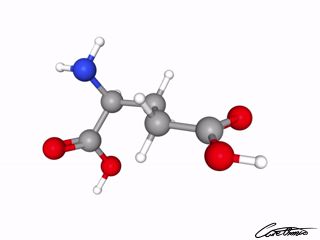
Glutamic acid is a non-essential amino acid used to form proteins. In the body, glutamic acid turns into glutamate. Learn more about this acid in our article: What Is Glutamic Acid & What Foods Can I Find It In?
Glutamic acid is mainly used in the form of sodium salt. Then it's called monosodium glutamate (MSG).
You can see if glutamic acid can do something for you in our article: Glutamic acid: One Research-Backed Benefit
Glycine
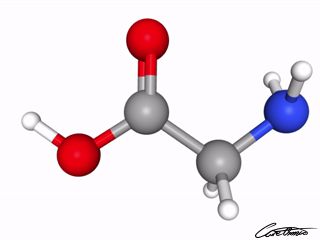
Glycine is a non-essential amino acid. Glycine is found anywhere throughout the human cell. Learn more about this vital acid in our article: What Is Glycine & What Foods Can I Find It In?
Glycine is very effective in improving the health and well-being of humans. Glycine possess many health benefits. Check them out, and see if they can do anything for you, in our article: Glycine: 12 Research-Backed Benefits
Hydroxyproline
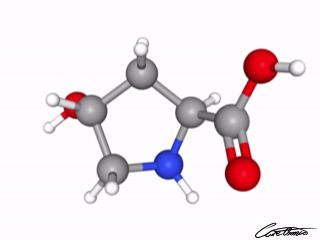
Hydroxyproline is a non-essential amino acid. Find out more about hydroxyproline in our article: What Is Hydroxyproline & What Foods Can I Find It In?
Hydroxyproline is a large component of the protein collagen. It plays a vital role in the stability of the collagen triple helix. Read more about its health benefits in our article: Hydroxyproline: 2 Research-Backed Benefits
Proline
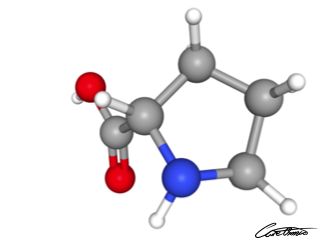
Proline is a non-essential amino acid that can be synthesized from glutamic acid and other amino acids. Find out more what this amino acid is in our article: What Is Proline & What Foods Can I Find It In?
Proline is a component in several proteins. Found in high concentrations of collagen.
Proline has several great benefits, you can read all about them in our article: Proline: 6 Research-Backed Benefits
Serine
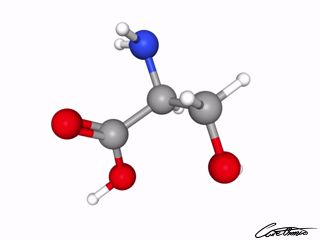
Serine is a non-essential amino acid that is present and functionally important in many proteins. Learn more about this acid in our article: What Is Serine & What Foods Can I Find It In?
We need serine for the metabolism of fats, fatty acids, and cell membranes. But also for muscle growth and a healthy immune system. Read more about its health benefits in our article: Serine: 5 Research-Backed Benefits
